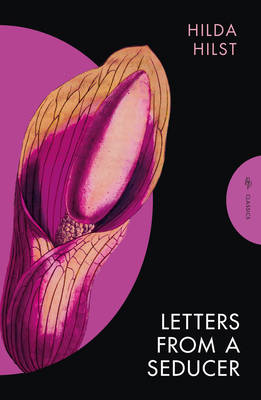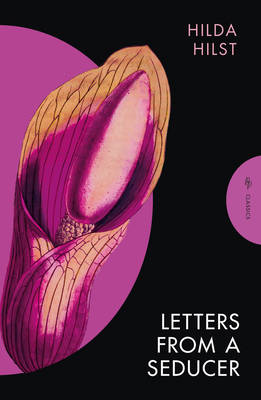
- Afhalen na 1 uur in een winkel met voorraad
- Gratis thuislevering in België vanaf € 30
- Ruim aanbod met 7 miljoen producten
- Afhalen na 1 uur in een winkel met voorraad
- Gratis thuislevering in België vanaf € 30
- Ruim aanbod met 7 miljoen producten
Zoeken
Omschrijving
A grand, perturbing erotic novel in which the wealthy, amoral Karl records his sexual life and search for meaning in letters with a surprising legacy "Maybe all women wonder what men would be like without their posturing, but it seems to me Hilst had more than an inkling..." - Dodie Bellamy This epistolary novel tells the story of Karl, a wealthy, amoral and erudite man who records his daily life in a series of 20 letters to his sister Cordelia. She is cloistered and chaste, but the letters are wildly promiscuous - not just in their explicit sexual content, which have earned the novel the epithet 'pornographic', but in their form. Ranging in style and register from modernist fragments worthy of James Joyce and Samuel Beckett, to letters that could have been penned by Enlightenment libertines like Choderlos de Laclos and the Marquis de Sade, the letters make up a polyphonic text that pushes the boundaries both of fiction and of decency. The novel - a standalone masterpiece which originally appeared as part of a Brazilian tetralogy - changes form again partway through, when the indigent poet Stamatius finds Karl's record of his erotic adventures in a trash can, and begins to write stories based on what he reads, and then to break down those stories into even briefer fragments. Karl's letters inspire Stamatius' writing, and their narratives and identities become ever more fragmented, until we begin to doubt whether they are truly separate people. What unites them is an abundantly lewd imagination and a fantastically creative relationship to the greatest seducer of all: language.
Specificaties
Betrokkenen
- Auteur(s):
- Vertaler(s):
- Uitgeverij:
Inhoud
- Aantal bladzijden:
- 128
- Taal:
- Engels
- Reeks:
Eigenschappen
- Productcode (EAN):
- 9781805331384
- Verschijningsdatum:
- 27/05/2025
- Uitvoering:
- Paperback
- Formaat:
- Trade paperback (VS)
- Afmetingen:
- 129 mm x 197 mm
- Gewicht:
- 367 g

Alleen bij Standaard Boekhandel
+ 27 punten op je klantenkaart van Standaard Boekhandel
Beoordelingen
We publiceren alleen reviews die voldoen aan de voorwaarden voor reviews. Bekijk onze voorwaarden voor reviews.











